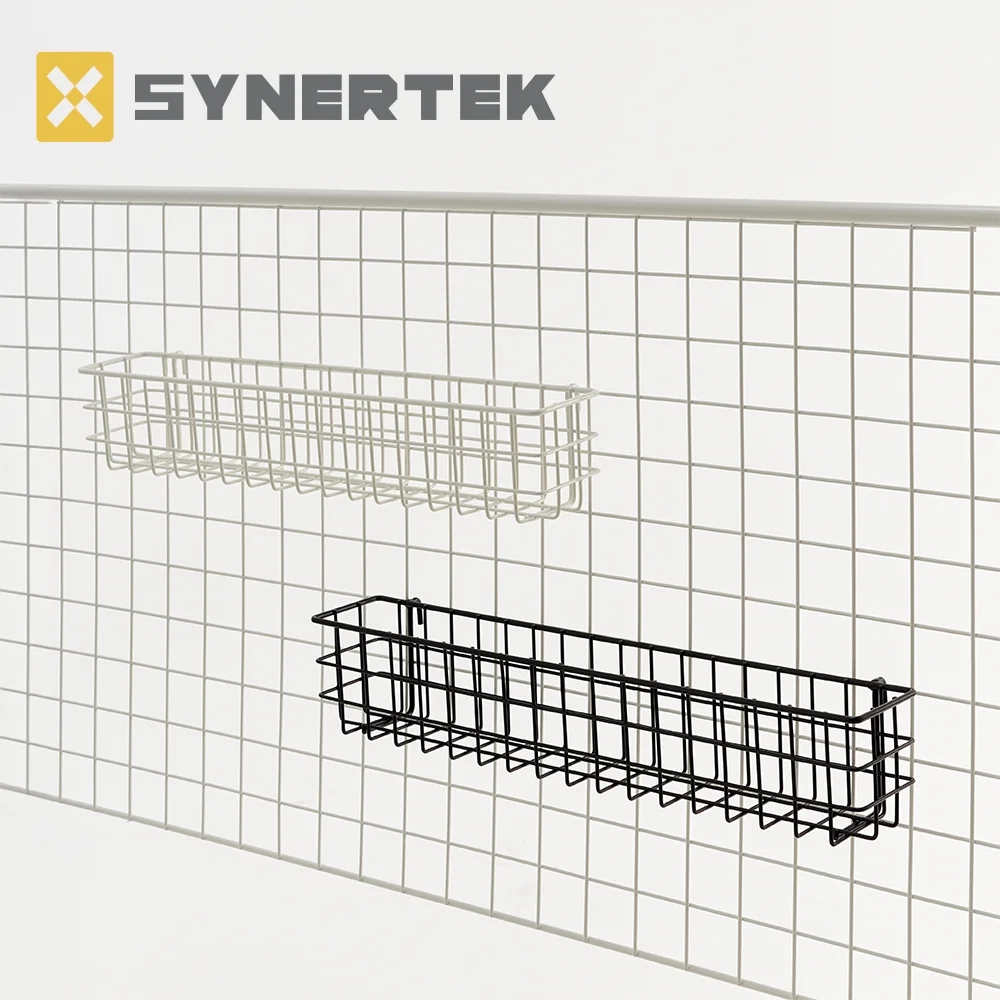Waterproofing is a crucial aspect of construction, especially when it comes to structures that are exposed to moisture or water. Cement concrete, being one of the most commonly used building materials, often raises the question of whether it is truly waterproof. In this blog post, we will delve into the intricacies of cement concrete and explore its waterproofing capabilities, shedding light on the factors that influence its resistance to water.
- Understanding Cement Concrete:
Cement concrete, a composite material made of cement, aggregates, and water, forms a solid and durable structure when it hardens. It is widely used in various construction projects due to its strength, versatility, and cost-effectiveness. However, its inherent porosity raises concerns about its waterproofing abilities. - The Role of Water-Cement Ratio:
The water-cement ratio plays a significant role in determining the porosity and permeability of cement concrete. A higher water-cement ratio leads to increased porosity, making the concrete more susceptible to water penetration. Therefore, maintaining an optimal water-cement ratio during the mixing process is crucial to enhance its waterproofing properties. - Admixtures for Waterproofing:
To enhance the waterproofing capabilities of cement concrete, various admixtures can be incorporated during the mixing stage. These admixtures, such as water-reducing agents, plasticizers, and waterproofing compounds, help reduce the porosity of the concrete, making it more resistant to water penetration. Additionally, they improve the overall durability and strength of the structure. - Surface Treatments for Waterproofing:
In cases where additional waterproofing is required, surface treatments can be applied to cement concrete structures. These treatments include the application of waterproof coatings, sealants, or membranes, which create a barrier against water intrusion. However, it is important to note that these treatments require regular maintenance to ensure their long-term effectiveness. - Concrete Mix Design for Waterproofing:
Concrete mix design plays a crucial role in achieving waterproofing properties. By incorporating waterproofing agents, such as hydrophobic admixtures or pozzolanic materials, into the mix design, the concrete's resistance to water can be significantly improved. Additionally, using dense aggregates and reducing the water-cement ratio further enhances its waterproofing capabilities.
Conclusion:
While cement concrete is not inherently waterproof, it can be made highly resistant to water penetration through proper mix design, the use of admixtures, and surface treatments. Achieving effective waterproofing requires a comprehensive understanding of the materials and techniques involved. By implementing the appropriate measures, structures built with cement concrete can withstand water exposure and ensure long-lasting durability.

